Go Off-Grid with Solar Energy: A Complete Guide
Go Off-Grid with Solar Energy: A Complete Guide
Go off-grid, more commonly defined as not having a dependence on public utilities such as electricity, sounds appealing for a lot of reasons. The idea of being self-sufficient, powering your own home with solar energy, and maybe even building that home with your own two hands can sound like a dream and a challenge for people who wish to live life on their terms.
Maybe you’ve thought about it many times before, could you make it out there alone in the wild? Exactly how feasible is it to live without the electrical grid using solar energy as your only power source? Whether you dream of that cabin in the woods or just want to exert your energy independence over your local utility, going off-grid is possible but that doesn’t mean that it’s beneficial.
For starters, being off the grid takes a lot of planning, not to mention that it’s incredibly expensive to get started. Plus, you’ll need to have backup energy sources on hand, particularly if you’re not ready to let go of your power-hungry devices.
There are plenty of reasons to consider going off-grid with solar energy:
Savings –
Cutting ties with the local power company means that you will never have to pay a monthly power bill again because all of your energy will come from a renewable source.
Environmental benefits –
Using entirely renewable energy for your power needs means a lower carbon footprint.
No blackouts –
All of your energy is stored in the battery or batteries attached to your system, so you can draw on it whenever you need it—during a major winter storm, on hot summer days when the power grid is overloaded, or anytime in between. You won’t be at the mercy of the local power company.
Building locations –
off-grid solar systems are ideal for homes in areas where there is no current connection to a local power grid, such as a cabin up in the mountains or a home that is off the beaten path. Going off-grid allows you to build without the need to pay for power lines out to the house.
Solar power has the amazing benefit of helping reduce strain on the electrical grid when demand rises during peak seasons or extreme weather hits. By generating your clean power and even sending excess energy back to the utility in some cases, you are creating a more reliable electrical grid.
Virtual power plants (VPP) are another example of homeowners using their solar systems for the greater good of their community. VPPs come into play when energy demand is higher than the available amount. When this occurs, home batteries that are connected to the VPP trade their stored electricity to the electrical grid to help meet the demand.
The reliability of the electrical grid has become an increasing concern for many homeowners as power outages become more commonplace. That’s why the popularity of home solar systems and VPPs has been on the rise. In the 2021 Energy Sense Index conducted last year, it was discovered that two out of every five homeowners worry about power outages every month of the year.
It is important to note that installing solar panels doesn’t necessarily mean that you’ve gone off-grid. Typical solar energy systems aren’t always designed to generate enough electricity to power an entire home, but rather maintain a connection to the utility company’s main grid as backup.
This is referred to as a hybrid system, a less expensive and more flexible option, especially for homeowners that live closer to their area’s power grid.
Suggested Articles
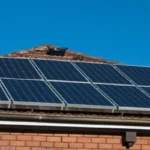
Solar Panel Efficiency and Temperature: What You Need to Know
The stronger the sun, the higher the temperature and more energy your solar panels produce, right? No.
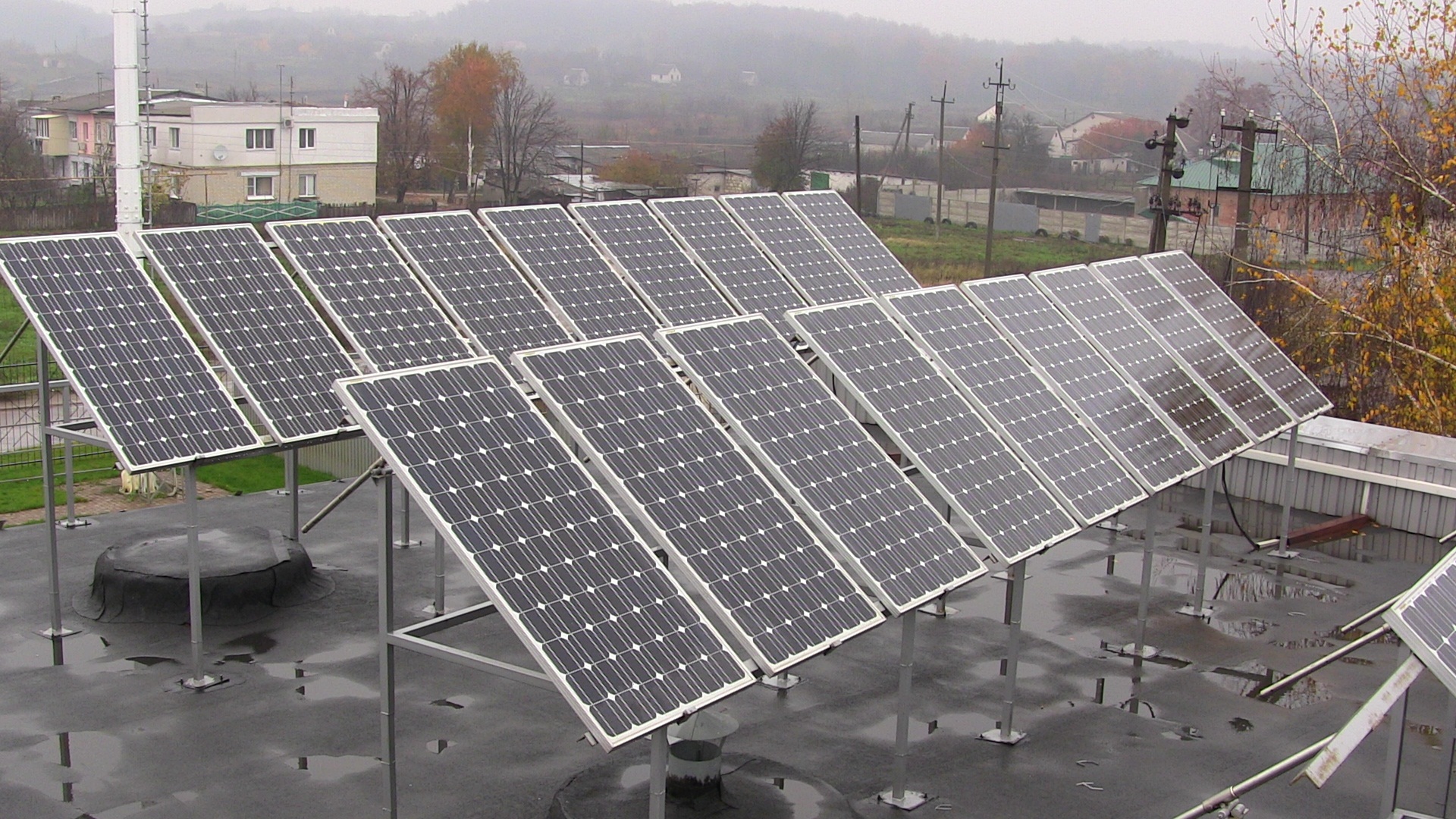
Solar Microgrids: All you need to know
Discover how solar batteries store excess energy, maximize your solar system’s efficiency, and provide reliable power during outages. Learn about the types, benefits, lifespan, and maintenance tips to make the most of your solar investment.

Best Solar Panels for Rooftop Projects: How to Choose the Right One
Selecting the right solar panel is crucial for rooftop project success. This guide explains how to evaluate panel types, efficiency, warranties, and performance to ensure maximum power output and long-term savings for your home or business.

Solar Loans, Subsidies & EMI Plans: Financing Made Easy
Explore solar loans, government subsidies, and flexible EMI plans to make installing solar panels affordable and hassle-free.
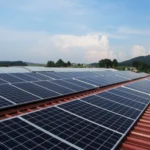
Solar for Commercial Buildings in India: Costs, Benefits & ROI Explained
Solar for commercial buildings in India is becoming the smartest way to cut electricity bills and increase energy independence. This guide explains system costs, benefits, ROI, and how solar power helps offices, malls, hotels, and commercial complexes become more sustainable and profitable.
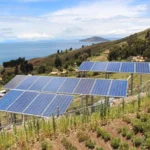
1 MW Solar Plant Cost in Uttar Pradesh | A Complete Guide
Planning to install a 1 MW solar power plant in Uttar Pradesh? This guide covers 2025 pricing, subsidy details, ROI, and savings for industries and businesses.
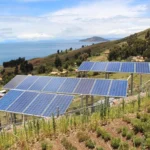
Save on Electricity in Haryana Using Net Metering: A Complete Guide
Learn how to save on electricity in Haryana with net metering. Step-by-step guide on benefits, installation, and cost savings for your home or business
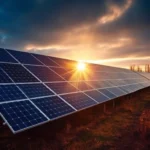
500 kW Solar Power Plant Cost in Rajasthan | Latest Price, Benefits and Payback Period
Planning to install a 500 kW solar power plant in Rajasthan? Discover the 2025 price estimate, government subsidy options, and ROI potential. Learn how industries and businesses can cut electricity costs and earn long-term returns through solar energy investments.